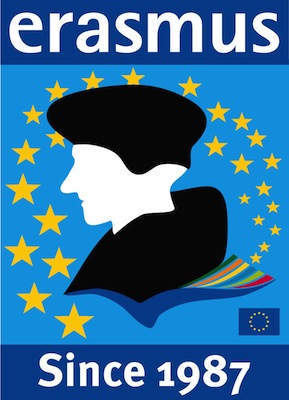General information on going abroad
Spending a semester or a year abroad opens up entirely new perspectives – for your studies and for life.
In addition to broadening your study prospects, you can improve your language skills and network internationally. Having gathered experience abroad is also a welcome and desirable qualification on today’s labour market.
Your studies abroad need to be planned well in advance. Experience has shown that preparations should begin around 12-18 months before the planned stay abroad. The first point of contact should be a visit to the International Office or the Departmental Exchange Coordinator during their office hours.
Generally speaking, there are two ways of going abroad as part of your degree programme:
- participating in an exchange programme, such as ERASMUS+ in Europe (studies or internship) or taking advantage of the University of Greifswald’s partnerships with other universities around the world (studies)
- applying independently at a university abroad or a self-organised internship abroad
As the most popular exchange programme, ERASMUS+ in particular offers benefits such as tuition fee waivers, guaranteed recognition of academic achievements through Learning Agreements and many more.
The International Office will advise you on programmes as well as scholarships and other funding opportunities offered by foundations or organisations.
Europe

Latvia & Lithuania
Study at a partner university in Latvia (Latvijas) or Lithuania (Vilniaus, Klaipédos)
Contact:
- Subject Advisor (Dr. phil. Liane Klein)
- International Office
Around the world
Self-organised
- Organise your stay abroad independently, e.g. by working, doing an internship or studying as a “free mover”
- Take advantage of programmes and scholarships by foundations or organisations like the Robert Bosch Stiftung or the Educational Exchange Service (PAD) [de]
